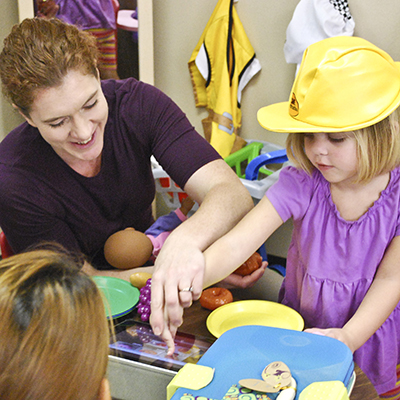Online M.Ed in Educational Psychology: Emphasis in Creativity & Cognition
In today’s ever-evolving educational, business, and nonprofit landscapes, the demand for creativity and innovation is on the rise. Imagine an online MEd program in Educational Psychology that not only embraces creativity but places it at the very core of its curriculum. This groundbreaking program is designed to unleash the full potential of professionals by nurturing their personal creativity while equipping them with the knowledge and skills to cultivate creativity in others.
What sets this program apart is its commitment to practicality. Rather than being confined to theoretical concepts, students embark on an immersive journey where creative and innovative thinking is applied directly in educational, business, and non-profit settings. This rigorous degree is tailor-made for professionals seeking to enhance their expertise and understanding of how creative and innovative thinking can pave the way for a competitive edge in both personal and professional spheres.
What can you do with this degree?
While this degree doesn’t limit you to a specific job, it equips you with invaluable skills that enhance your creative thinking in any professional setting or life scenario. You’ll uncover a world of new ideas, enabling you to approach challenges with creativity and fresh perspectives. These sought-after skills are highly valued in today’s corporate and nonprofit realms, where innovation reigns supreme.
This degree also paves the way for exciting opportunities in instructional leadership roles. You’ll gain a deep understanding of instructional methods, learning theories, and research practices, positioning you to shape and guide educational practices. Additionally, the mastery of creative and innovative thinking grants you a competitive advantage in the job market.
Who are we?
The Creativity & Cognition program is part of the Division of Learning Sciences. The division consists of faculty interested in the science of learning. As a student in Creativity & Cognition, you can benefit from various educational, social, and funding opportunities promoted by the division.
Follow us on social media: Take a look at our ongoing activities and learn more about what we do in the Learning Sciences area on our social media platforms. We have a Learning Sciences Facebook page and a Learning Sciences Twitter account.
Faculty



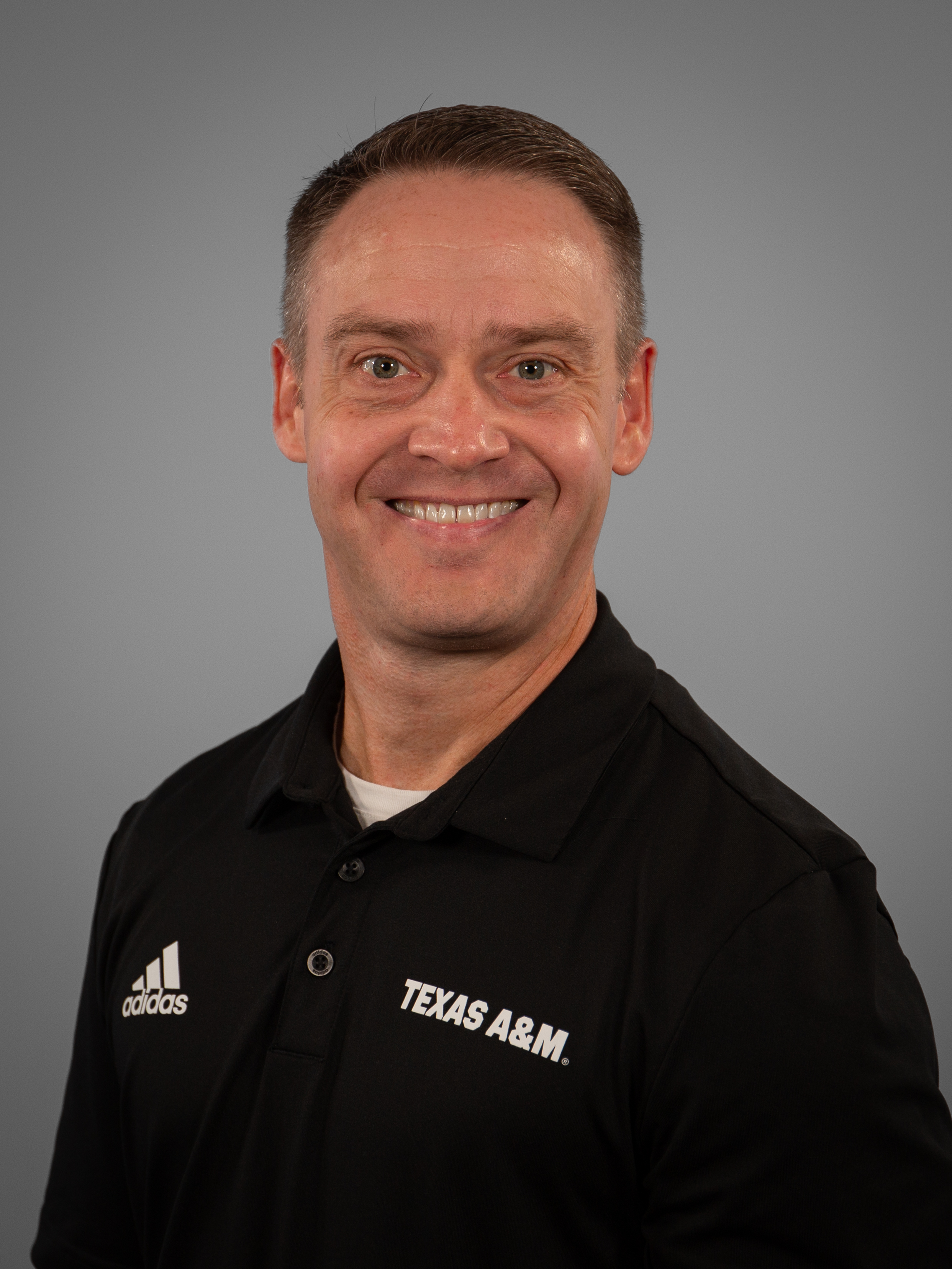
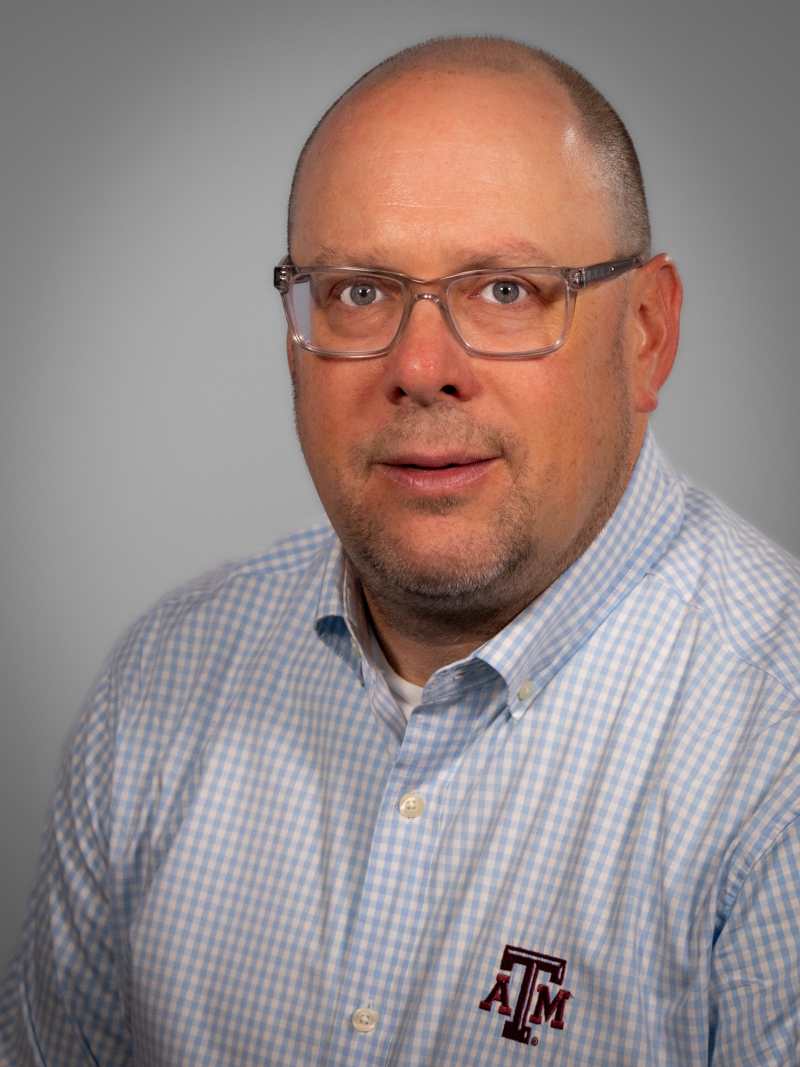
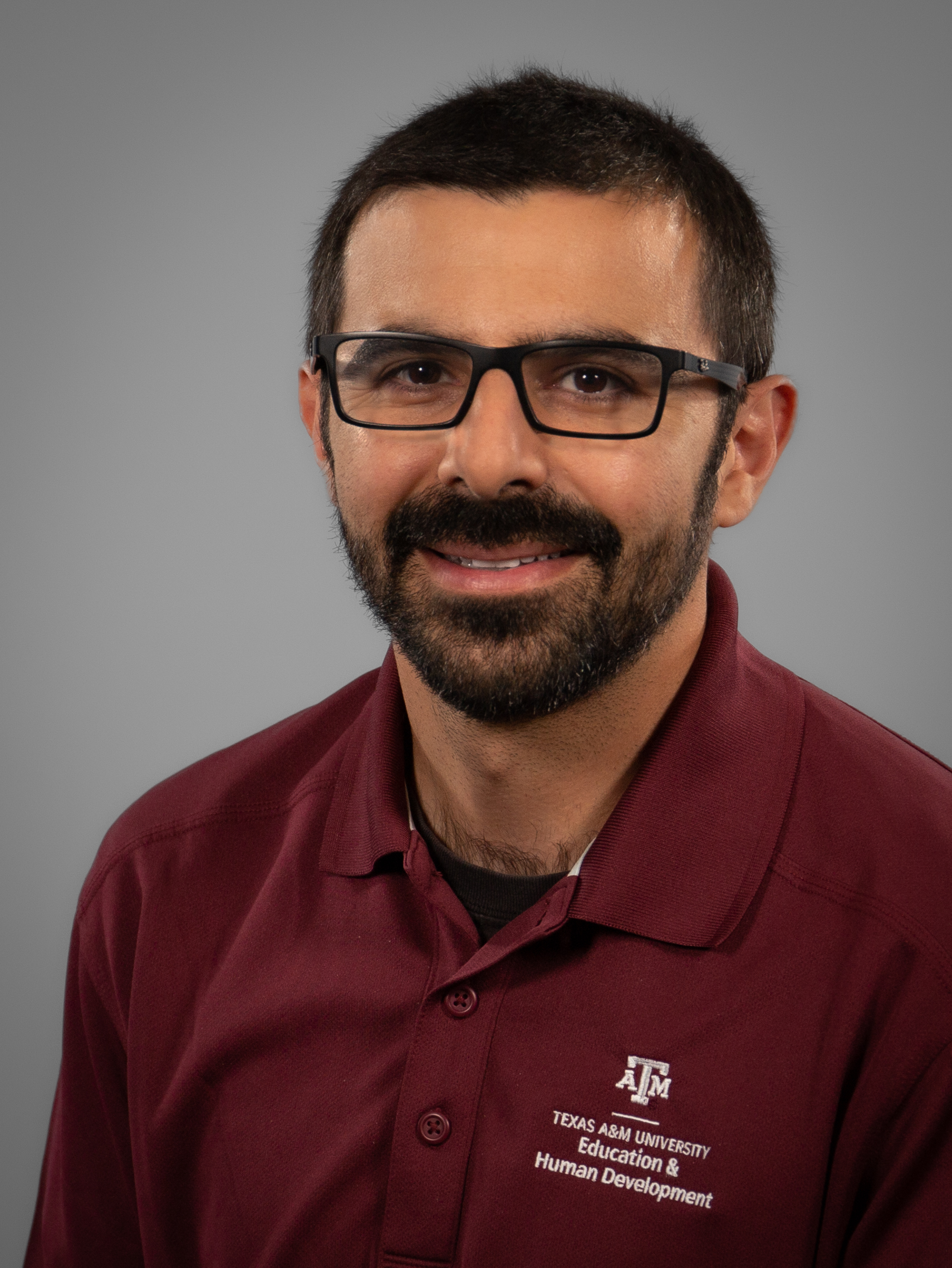
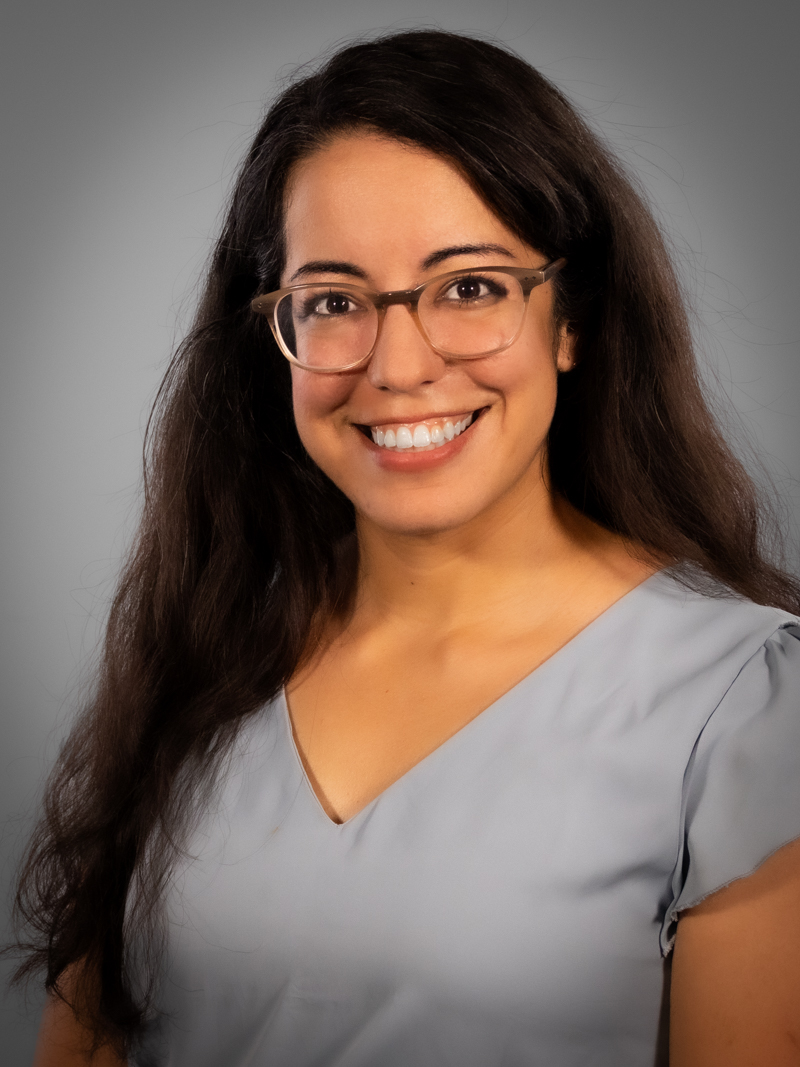
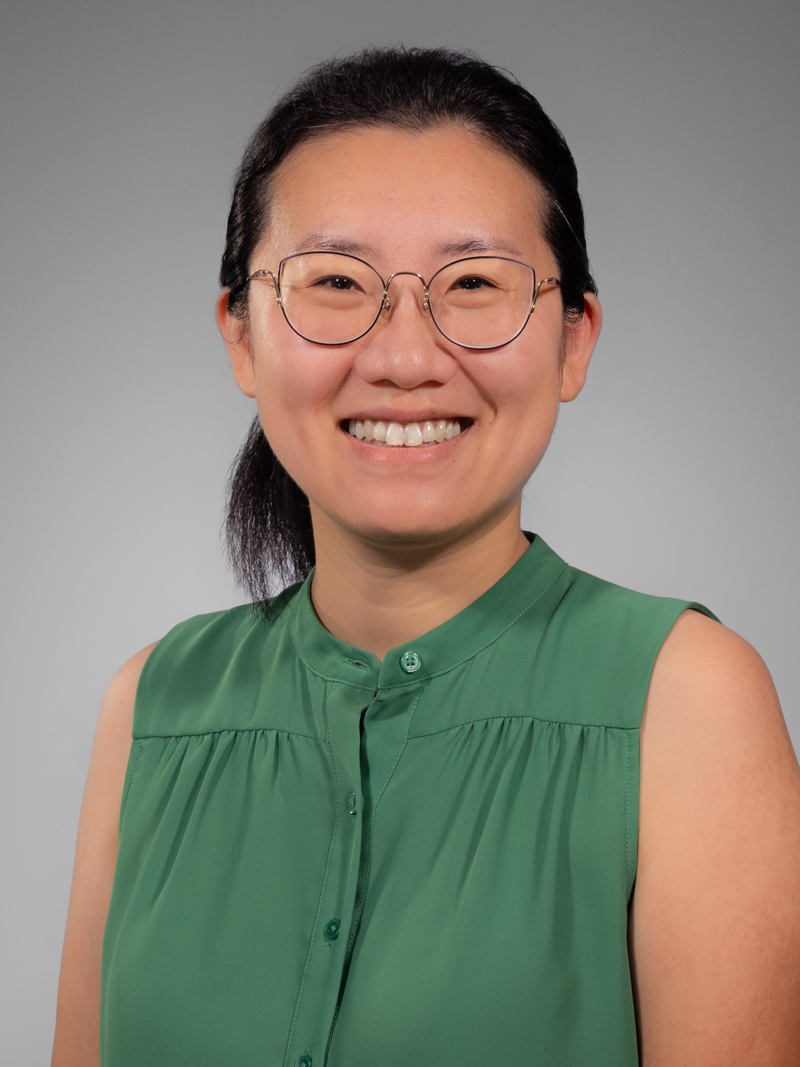

Academic Advisors
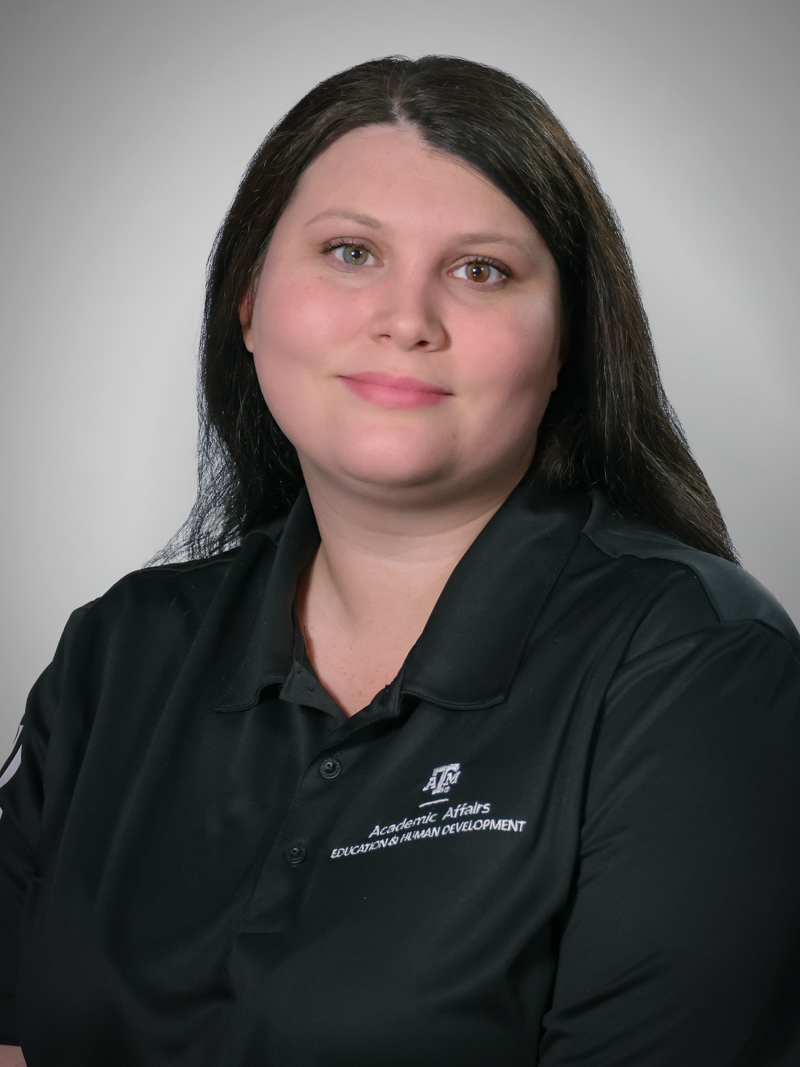
Program Details
The Masters Program in Educational Psychology with an emphasis in Creativity & Cognition (M.Ed. online) is a part of the Learning Sciences Division (LS), housed within the Department of Educational Psychology (EPSY) and the College of Education and Human Development (CEHD) at Texas A&M University.
Degree: Master’s in Educational Psychology with Emphasis in Creativity & Cognition
Degrees Offered: M.Ed.
Credit Hours: 36 hours
Delivery: Online
Select College of Education and update credit hours.
Curriculum
Creativity & Cognition Curriculum
Foundation Courses
6 credit hours
EPSY 602: Educational Psychology
EPSY 673: Learning Theories
Specialized Courses
6 credit hours
EPSY 624: Creative Thinking
EPSY 645: Creative Genius
Research Courses
6 credit hours
EPSY 607 Understanding Research from a Consumer’s Perspective (3 credit hrs.)
At least one of the following courses:
EPSY 603 Qualitative Methodologies in Educational Research (3 credit hrs.)
EPSY 622 Measurement and Evaluation (3 credit hrs.)
Additional Elective Coursework
12-15 credit hours
EPSY 431: Personal Creativity and Giftedness
EPSY 432: Creative Problem Solving
EPSY 433: Lateral Thinking
EPSY 631: Program Evaluation
EPSY 659: Field Practicum in Educating Gifted, Talented and Highlighting Creative
LDTC 613: Integrating Technology into Learning Environments
LDTC 645: Emerging Technologies for Learning
Other Notes
- The Creativity & Cognition specialization requires a minimum of 36 credits to earn a M.Ed.
- Core course requirements may be waived for students who have successfully completed comparable graduate coursework and/or demonstrate requisite knowledge and skills.
- Additional courses both within and outside of EPSY (including additional courses in learning sciences or research, measurement and statistics) may count toward elective coursework.
- Students should consult with their advisor or program committee to identify appropriate electives.
Apply
STEP 1 - GATHER INFORMATION
Starting graduate school is a multi-year commitment and we want you to make sure that you get the most out of the degree. We advise you to carefully review our program description, curriculum, and social media to see if this program matches your career goals!
If you have additional questions about the program, you can contact the academic advisor for graduate students. The academic advisor can help answer additional questions you may have about the degree and credit information, admissions deadlines, required application materials, and coursework for the degree program.
STEP 2 - GATHER MATERIALS
To provide a competitive application package, we encourage you to keep the following reminders and tips in mind:.
Transcripts and standardized test scores
Make sure you have enough time to have the official transcripts from prior degrees sent to you before the application deadline. You cannot be considered for acceptance into the program until an official transcript is on file with Texas A&M University.
- Official transcripts and records from all colleges and universities attended (excluding community colleges; minimum 3.0 GPA recommended)
- International students from non-English speaking countries only: Official TOEFL scores (or IELTS scores)
- The GRE is not required for this program.
Preparing a statement of purpose
Your statement of purpose should include not only your inspiration for pursuing a degree; it should also highlight your past training, research, and applied experiences in relevant fields. In addition, you should also state your career goals and plans for this degree training, such as the expertise and experiences you would like to gain from this program.
Finally, if you are applying to multiple programs across universities, each program you apply to will be different. Remember to customise your statement of purpose for each program. This allows you to better illustrate how each specific program will be useful and help you meet your career goals.
Here are some more tips: https://www.apa.org/ed/precollege/psn/2016/09/graduate-school-applications
Preparing a resume/CV
In general, your CV should highlight your past academic and professional experiences relevant to the program you are applying to. This could include (but is not limited to) your education background, past research training and achievement, past teaching experience and certification, and applied work/volunteer experience (e.g., experience working with youth and families as a counsellor, social worker, program developer, etc).
- Here are some tips for building a better CV: https://www.apa.org/gradpsych/2015/01/curriculum-vitae
Preparing references to write letters of recommendation for this program
Your letters of recommendations should be from professors, course instructors, research mentors, or people, preferably supervisors, who can otherwise speak to your professional conduct and performance. Letters should not be from family or friends.
- Here are some more tips: https://www.apa.org/monitor/2017/01/letter-recommendation
General tips
- Preparing and Applying for Graduate School in Psychology: https://www.apa.org/education-career/grad/application-video-series
Please note that all materials (except for TOEFL/IELTS scores) will be uploaded directly to the GraduateCAS Grad application. Additional information about materials can be found in our Departmental Admissions requirements page for our degree programs.
STEP 3 - APPLY
Important! Please make sure you apply to the correct program. If you do not see the program listed in the application portal it is possible the deadline has passed. If this occurs, please contact the academic advisor for graduate students for further advice.
Frequently Asked Questions
Masters
List of Bachelor Degree Equivalencies
Please view a brief List of Bachelor Degree Equivalencies by Country. If you do not find your country listed and are unsure of your degree equivalency, please contact the Office of Admissions at admissions@tamu.edu.
Is supervision of experience requirements offered?
It is the responsibility of students to independently seek out supervision opportunities. TAMU does not provide supervision for practicum hours.
Statement of Purpose Essay
All applicants must complete the Essay, Statement of Purpose and explain the following:
-
- Why you applied to this program
- Academic background and training
- Potential for graduate study
- Research experience
- Other relevant professional experiences
-
I want/need a Graduate Assistantship/Fellowship – how do I apply?
Please note that we cannot guarantee any financial assistance to any student. We will contact all admitted students about the process for applying for all available assistantships. This is a separate process from applying for admission. The department and programs will choose students to be nominated for Graduate Diversity or Graduate Merit fellowships. These fellowships are only open to U.S. citizens. Please do not ask to be nominated for one of these fellowships as the program will determine which students are competitive for these awards.
Can I send supplemental materials?
You can send us anything you like, and will keep them in our application file. However, we will not upload these items to your file. If you want items such as a professional paper or resume included for review, you need to upload these items to the application as we cannot upload them on your behalf.
How do is submit my letters of Recommendation?
The GraduateCAS online application includes a Recommendations section where you must add your recommenders’ information. Once you have saved the recommendation requests, GraduateCAS will contact each recommender via email to request the completion of the recommendation form and letter of recommendation. We require three letters of recommendations and they must be submitted directly by recommenders through the electronic system.
What are the typical program costs?
Check out the cost of attendance estimator.
Please note, you must update the program hours.
For a better understanding of your total cost of attendance (COA), please visit our cost and tuition rates webpage (https://aggie.tamu.edu/billing-and-payments/cost-and-tuition-rates). This webpage will provide you with an opportunity to review estimated COA information for undergraduate, graduate and professional students, as well as other resources such as the tuition calculator and billing and fee explanations.
Can you guide me through the application process?
How to Apply: Master’s Application Information | Doctoral Application Information
I live out of state. Do you accept out-of-state applicants?
Yes, we accept in-state and out-of-state applicants.
Is there any opportunity for financial assistance?
Yes, there are opportunities for financial assistance through the following departments: Office of Graduate Studies Financial Aid
Request Information
Tuition & Fees
For a better understanding of your total cost of attendance (COA), please visit our cost and tuition rates webpage (https://aggie.tamu.edu/billing-and-payments/cost-and-
tuition-rates). This webpage will provide you with an opportunity to review estimated COA information for undergraduate, graduate and professional students, as well as other resources such as the tuition calculator and billing and fee explanations.


